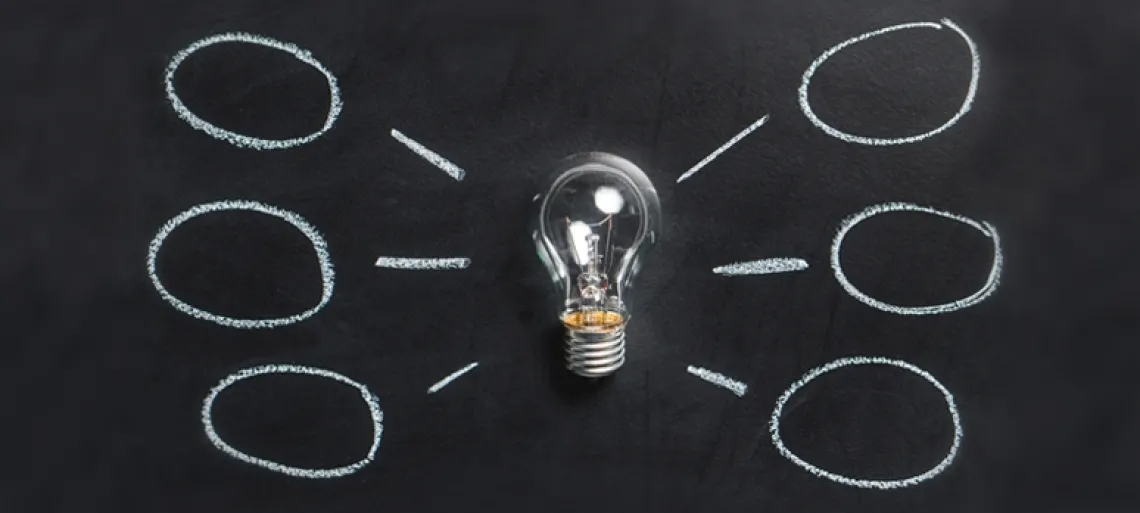Ask 1 Key Question To Find a More Effective Coping Strategy

You might think of stress as a signal that you experience emotionally, mentally, or physically that indicates a need for you to adjust something to restore stability. You may feel it as tension or strain.
Behind the scenes, your body responds to stress in various ways with involuntary autonomic nervous system reactions: shivering to offset winter cold or increasing heart rate to prepare to fight against a perceived threat.
As a human being, you also have the capacity to witness, interpret, and learn from the signal on a conscious level, and to formulate and deploy some kind of action to cope with stress.
The third edition of the New Oxford American Dictionary defines “coping” as dealing effectively with something difficult. Psychologists refine this definition, when discussing the relationship between stress and health, as investing conscious effort in a problem-solving process in order to master, minimize, or tolerate stress and conflict.
Types of coping strategies
Coping strategies can be constructive, meaning they are effective in maintaining or increasing stability and reducing stress, or maladaptive, which only complicate and intensify the stress.
Whether you’re feeling upset after a negative situation, such as not meeting a work deadline, or from anticipating new risks to your well-being, such as hearing a diagnosis of diabetes, or from a demanding life challenge you’re preparing to face, you can start with a basic question:
Do I need to change my situation, or do I need to find a way to deal with my situation?
From there, you can decide whether a problem-based or emotion-based strategy will be most effective.
A proactive approach
Problem-based coping strategies are conscious, action-oriented attempts to reduce stress. They are often used in proactive approaches intended to neutralize a stressor before it develops further.
Tactics in problem-based strategies include weighing the pros and cons of a situation, gathering more information on the source of the problem, and evaluating what resources may be needed, e.g., money, social support, or new skills.
If the source of the stress cannot be changed, such as a difficult diagnosis or a natural disaster, that may mean it’s time to explore an emotion-based strategy.
Managing the feelings
Emotion-based coping aims to manage the painful thoughts and feelings that come with stress through actions that curtail and prevent the distressing mental and emotional impacts of the stressor.
Constructive actions in this type of coping include releasing pent-up emotions, distracting yourself, managing hostility, meditating, practicing mindfulness, and exploring systemic relaxation procedures.
At times, you may just want to change your mood temporarily to distance yourself from the source of the stress until you can use problem-based coping. Healthy examples of emotion-based coping skills include walking, listening to music, making a gratitude list, drawing, cooking a meal, playing with a pet, squeezing a stress ball, talking to a counselor, meditating or praying, and so on.
Actions to avoid
Some activities may help you endure pain, but that does not mean that they are effective at reducing stress. Maladaptive strategies include abusing alcohol or drugs, immoderate eating, repeated venting to others, overspending, and using otherwise healthy coping skills to avoid addressing problems.
Especially true with substance use, these unhealthy coping tactics can artificially dampen your perceptions and inhibit processes that help you grow and move through pain. Instead, you may develop psychological and physical dependencies that keep you handcuffed to your distress and make your life feel more unmanageable.
Find what works for you
For more constructive problem- and emotion-based coping strategies, check out lists from the Anxiety and Depression Association of America and the National Alliance on Mental Illness.
And be assured that, just by taking the time to learn more about coping strategies, you are already practicing an effective skill.
Observing the ways you intentionally adapt to stress can help you discover more amazing qualities about yourself – you need stress, so that when more challenges to your stability come and stress signals present themselves, you can meet them with the wisdom of past experience.

